The Importance of B Vitamins: Are Your Getting Yours?
You want to be sure you’re getting yours, because they play a HUGE role in staying balanced and in metabolizing hormones and neurotransmitters, as well as staying healthy, sharp, energetic, and clean (detoxified). They also have dramatic mood-elevating effects—more so than almost any other nutrient.
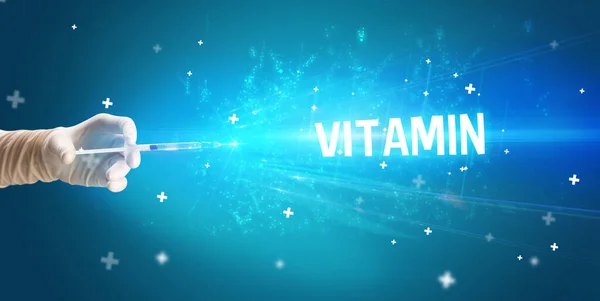
B vitamins are critical for efficient liver detoxification of unwanted chemicals such as heavy metals, histamines, and bacterial toxins that could be at the root of your immune or neurological challenges. They’re crucial for nerve function and nerve cell metabolism, which produce optimal neurotransmitter levels.
THIAMINE (B1) is needed for energy. It promotes feelings of composure, clear-headedness, and helps metabolize glucose.
A natural way to increase your B1 level? Eat more fresh vegetables, sea vegetables, whole grains, nuts, seeds, and legumes.
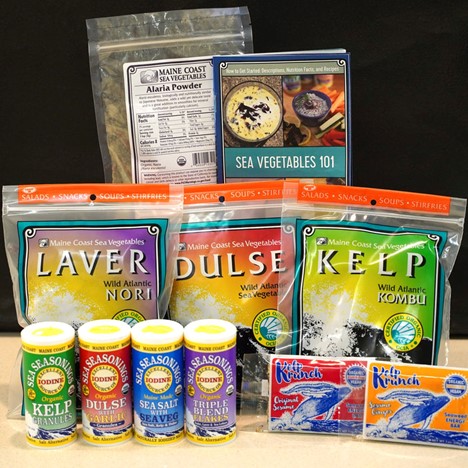
RIBOFLAVIN (B2) is necessary for essential fatty acid metabolism (improving nerve cell energy production). It’s helps thyroid function, alleviates eye fatigue and prevents cataracts.
To increase your B2 levels eat whole grains, legumes, green leafy and sea vegetables, poultry, and fish.
NIACIN (B3) is needed for proper circulation and healthy skin. It helps the nervous system function, is involved in bile production (key to estrogen metabolism and detoxification), and lowers LDL cholesterol. It enhances memory, helps regulate blood sugar levels, and helps prevent depression. It also promotes the release of growth hormone.
B3 is found in peanuts, sesame and sunflower seeds, brown rice, whole grains, barley, almonds, sea vegetables, and liver.

PANTOTHENIC ACID (B5) helps with detoxification (the elimination of homocysteine). It plays an important role in the production of adrenal hormones and is vital for coping with extreme stress. In fact, all the steroid hormones, such as estrogen and progesterone, are produced only with ample B5 in the system. It’s involved in neurotransmitter production and is a stamina enhancer (preventing certain types of anemia).
Increase B5 by eating more mushrooms, liver, soybeans, bananas, collard greens, sunflower seeds, lentils, broccoli, brown rice, eggs, and avocados.
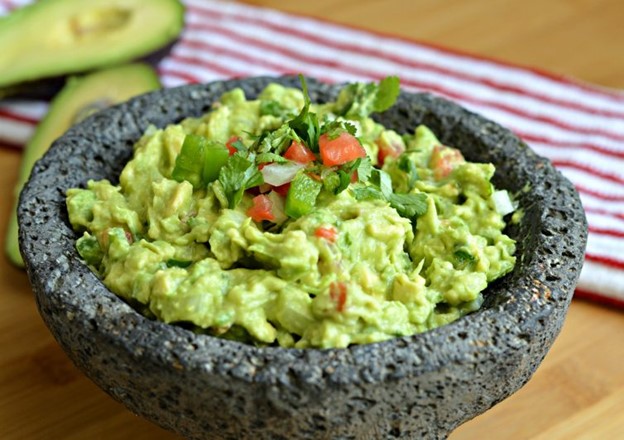
PYRIDOXINE (B6). B6 promotes more bodily functions than any other single nutrient, affecting both mental and physical health. It affects proper flow of fat and bile to and from the liver (keeping it functioning optimally). It also has one of the most dramatic mood-elevating effects of all the B vitamins. It activates many enzymes and aids B12 absorption. It protects against depression and helps detoxify excess steroid hormones, helping to reduce the risk of hormone-related cancers.
Eating more spinach, walnuts, eggs, fish, poultry, beans, and sea vegetables keeps levels strong.
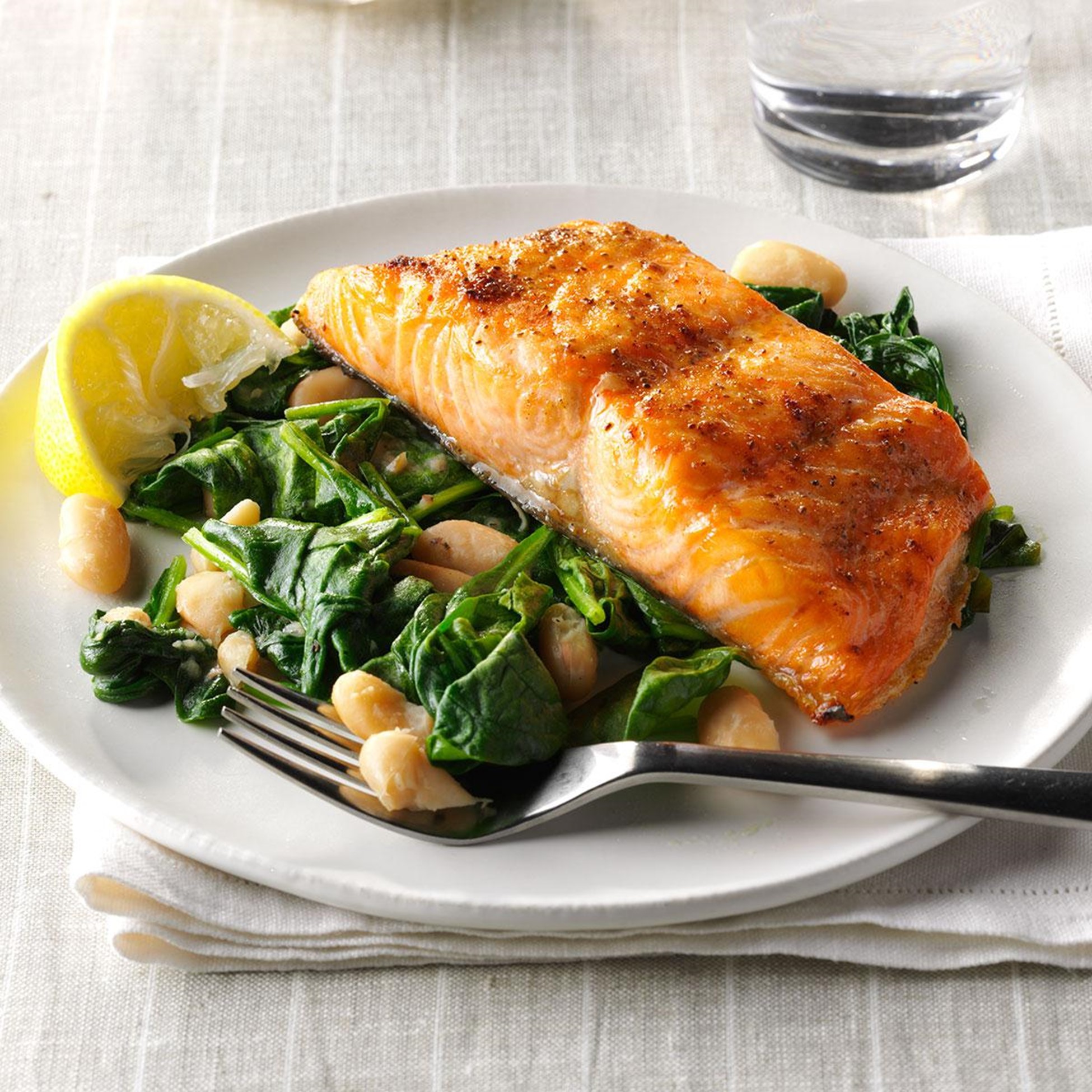
COBALAMIN (B12). The most chemically complex of all the vitamins, B12 comes in various forms and not all of them are effective. Methylcobalamin is the most effective but expensive to produce and cyanocobalamin is least effective, not well absorbed and cheapest to produce (unfortunately, found in too many supplements).
It’s key to liver detoxification. It prevents anemia, and helps folate utilize iron. B12 is responsible for energy levels, good memory and ability to learn and retain, and promotes more refreshing and restful sleep. It’s active in the growth, protection and regeneration of the nervous system (even prevention of Parkinson’s).
Methylobalamin effects mood, helps neurotransmitters flow freely, and is key in cardiovascular health. It lowers homocysteine levels (key to chronic inflammation).
Good sources of B12 are animal protein (especially liver), eggs, some cheeses, tempeh, sea vegetables, blue and green algae, chlorella, seaweed, bee pollen and brewer’s yeast.
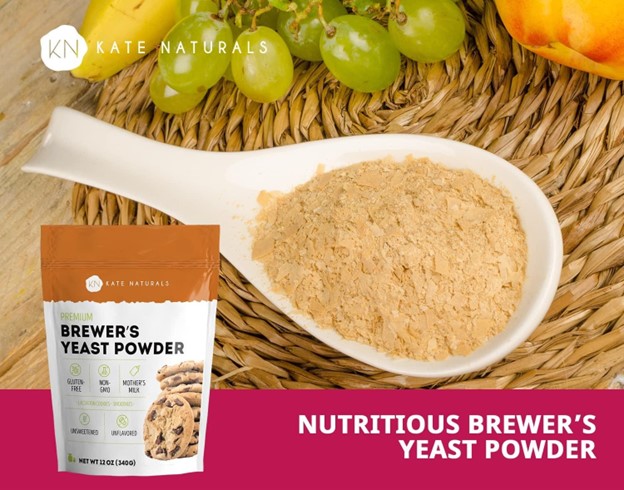
FOLATE (B9). B9 promotes detoxification and is considered brain food. It breaks down homocysteine, elevates mood and helps lower blood pressure. For childbearing women, folate helps prevent birth defects and their resulting brain and nervous system damage.
Avoid food and supplements with added folic acid. It’s synthetic and does more damage than good. Many processed foods including flours contain it. But do eat lots of dark leafy greens, asparagus, bananas, cantaloupes, and beans.
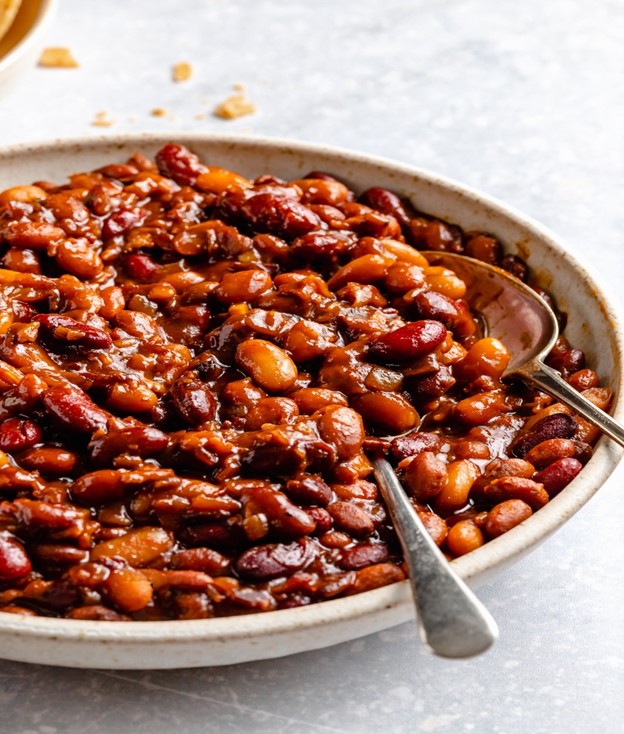
Lastly, if you want to take a B supplement, do so in the morning; they’re stimulating and will keep you awake if taken at night. And did you notice the underlying message? A whole foods diet will keep you vitamin B levels where they need to be! (No surprises, right?)
I’ll close with a simple chart on deficiency symptoms and my encouragement to be sure you’re getting yours!
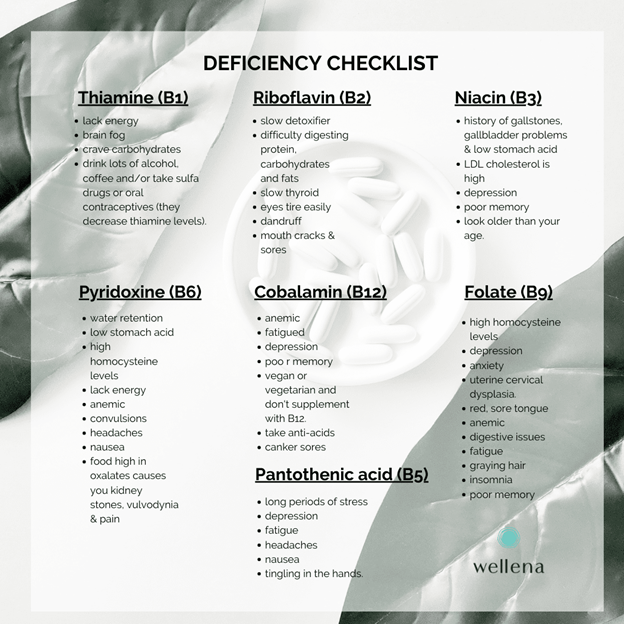

B vitamins are critical for efficient liver detoxification of unwanted chemicals such as heavy metals, histamines, and bacterial toxins that could be at the root of your immune or neurological challenges. They’re crucial for nerve function and nerve cell metabolism, which produce optimal neurotransmitter levels.
THIAMINE (B1) is needed for energy. It promotes feelings of composure, clear-headedness, and helps metabolize glucose.
A natural way to increase your B1 level? Eat more fresh vegetables, sea vegetables, whole grains, nuts, seeds, and legumes.

RIBOFLAVIN (B2) is necessary for essential fatty acid metabolism (improving nerve cell energy production). It’s helps thyroid function, alleviates eye fatigue and prevents cataracts.
To increase your B2 levels eat whole grains, legumes, green leafy and sea vegetables, poultry, and fish.
NIACIN (B3) is needed for proper circulation and healthy skin. It helps the nervous system function, is involved in bile production (key to estrogen metabolism and detoxification), and lowers LDL cholesterol. It enhances memory, helps regulate blood sugar levels, and helps prevent depression. It also promotes the release of growth hormone.
B3 is found in peanuts, sesame and sunflower seeds, brown rice, whole grains, barley, almonds, sea vegetables, and liver.

PANTOTHENIC ACID (B5) helps with detoxification (the elimination of homocysteine). It plays an important role in the production of adrenal hormones and is vital for coping with extreme stress. In fact, all the steroid hormones, such as estrogen and progesterone, are produced only with ample B5 in the system. It’s involved in neurotransmitter production and is a stamina enhancer (preventing certain types of anemia).
Increase B5 by eating more mushrooms, liver, soybeans, bananas, collard greens, sunflower seeds, lentils, broccoli, brown rice, eggs, and avocados.

PYRIDOXINE (B6). B6 promotes more bodily functions than any other single nutrient, affecting both mental and physical health. It affects proper flow of fat and bile to and from the liver (keeping it functioning optimally). It also has one of the most dramatic mood-elevating effects of all the B vitamins. It activates many enzymes and aids B12 absorption. It protects against depression and helps detoxify excess steroid hormones, helping to reduce the risk of hormone-related cancers.
Eating more spinach, walnuts, eggs, fish, poultry, beans, and sea vegetables keeps levels strong.

COBALAMIN (B12). The most chemically complex of all the vitamins, B12 comes in various forms and not all of them are effective. Methylcobalamin is the most effective but expensive to produce and cyanocobalamin is least effective, not well absorbed and cheapest to produce (unfortunately, found in too many supplements).
It’s key to liver detoxification. It prevents anemia, and helps folate utilize iron. B12 is responsible for energy levels, good memory and ability to learn and retain, and promotes more refreshing and restful sleep. It’s active in the growth, protection and regeneration of the nervous system (even prevention of Parkinson’s).
Methylobalamin effects mood, helps neurotransmitters flow freely, and is key in cardiovascular health. It lowers homocysteine levels (key to chronic inflammation).
Good sources of B12 are animal protein (especially liver), eggs, some cheeses, tempeh, sea vegetables, blue and green algae, chlorella, seaweed, bee pollen and brewer’s yeast.

FOLATE (B9). B9 promotes detoxification and is considered brain food. It breaks down homocysteine, elevates mood and helps lower blood pressure. For childbearing women, folate helps prevent birth defects and their resulting brain and nervous system damage.
Avoid food and supplements with added folic acid. It’s synthetic and does more damage than good. Many processed foods including flours contain it. But do eat lots of dark leafy greens, asparagus, bananas, cantaloupes, and beans.

Lastly, if you want to take a B supplement, do so in the morning; they’re stimulating and will keep you awake if taken at night. And did you notice the underlying message? A whole foods diet will keep you vitamin B levels where they need to be! (No surprises, right?)
I’ll close with a simple chart on deficiency symptoms and my encouragement to be sure you’re getting yours!

 Alice Osborne
Alice Osborne
Weekly Newsletter Contributor since 2006
Email the author! alice@dvo.com
